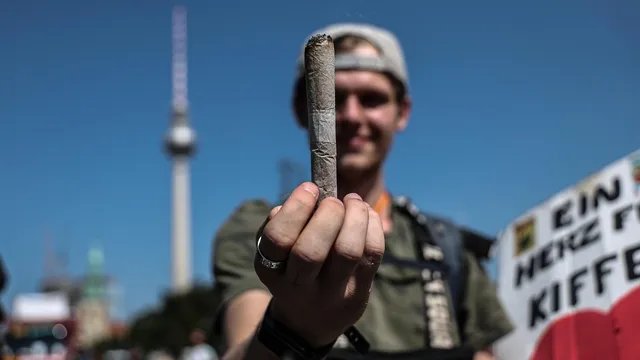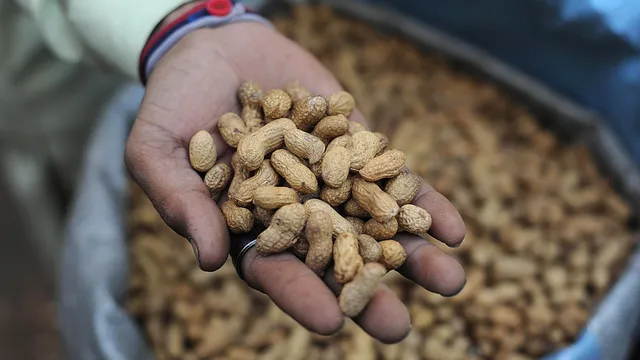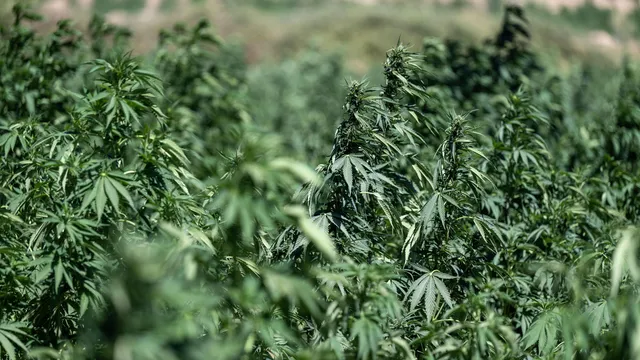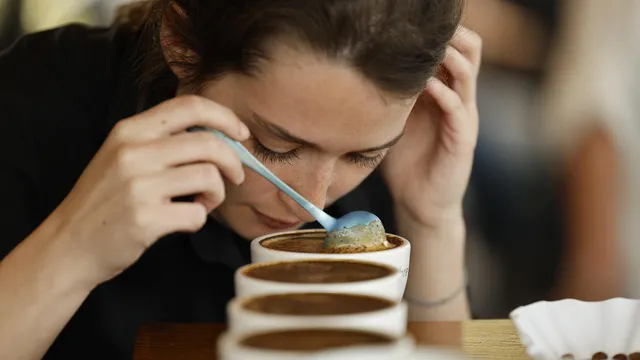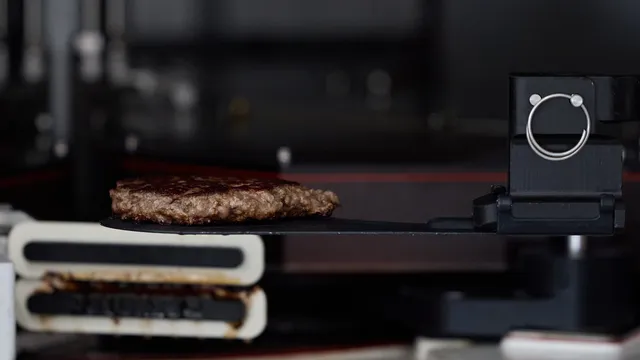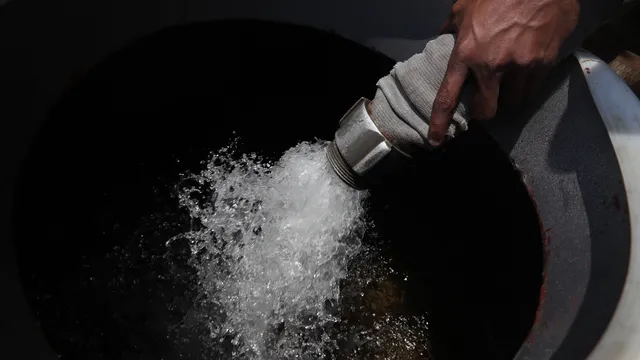People who start smoking cannabis to relieve pain, anxiety, or depression are at a higher risk of developing paranoia compared to those who use the drug for recreational purposes, according to a study.
The study analyzed the responses of 3,389 former and current cannabis users over the age of 18 who had no clinical history of psychosis and participated in the Cannabis&Me study.
Published in BMJ Mental Health and led by academics from King's College London, the study found that those who started using cannabis to self-medicate conditions such as pain, anxiety, or depression, and if they had mild psychotic symptoms, had higher scores for paranoia, while those with the lowest scores used cannabis for fun or because they were curious.
The study also found that the average respondent consumed 206 units of tetrahydrocannabinol (THC) per week, the active ingredient in cannabis, which is equivalent to between 10 and 17 joints, but people who used cannabis for anxiety or depression reported consuming 248 and 254.7 units, respectively.
Only people with very rare forms of epilepsy, adults with nausea caused by chemotherapy, and some people with multiple sclerosis can get a prescription from the National Health Service (NHS) for medical cannabis in England, according to The Guardian.
"I think a lot of people who now know that cannabis can cause psychosis say, 'Those people are not like me'. That's not true," said Robin Murray, professor of psychiatric research at King's College London.
"What we can show in this study is that the effect of cannabis is a bit like the effect of alcohol or the effect of food, that it's a continuum. The more you take, the more problems you have. Contrary to what is said on the internet, cannabis is not a cure. We currently have 40 private clinics in the UK that dispense cannabis as a supposed treatment, and they give it mainly for pain, anxiety, and depression. And these are the things that we think are linked to people getting into trouble and becoming more paranoid," he added.
Dr. Emily Finch, chair of the Royal College of Psychiatrists' addiction faculty, said:
"These important findings support previous studies suggesting that cannabis can have significant adverse effects on users' mental health. The public needs to be more aware of the substantial evidence of the harms of cannabis and to correct the widespread misconception that cannabis is not an addictive substance.
Cannabis is the most widely used illicit substance in the United Kingdom, and about one-third of people who use cannabis will develop a problem with the drug at some point in their lives. This is similar to the proportion of people who will develop a problem with alcohol.
"Long-term use of natural and 'synthetic' cannabinoids carries a risk of addiction and serious mental health problems. Daily cannabis use is associated with depression, anxiety, and reduced motivation. Daily users of high-potency cannabis are almost five times more likely to develop a psychotic disorder than people who have never used cannabis, with adolescents being particularly at risk," she explained.
"As a priority, the UK government must provide substance use and mental health services with the training, staff, and funding they need to support people with co-occurring substance use and mental health conditions. This must include a focus on providing early treatment to the growing number of children and young people struggling with substance abuse if we are to reduce long-term harm," the researcher continued.
A separate study published in the journal Psychological Medicine analyzed the same topic and found that 52% of cannabis users had experienced some form of trauma in their childhood, and those who had experienced physical and emotional abuse had paranoia scores that were about 35-40% higher.
Respondents who reported experiencing sexual abuse as children consumed more THC on average, followed by those who experienced physical and emotional abuse. | BGNES

 Breaking news
Breaking news
 Europe
Europe
 Bulgaria
Bulgaria
